Guest-host Peterson Toscano of Citizens Climate Radio (CCR) is the main host today, after some thoughts on our times from Mark Helpsmeet. Then CCR looks at crisis living & response, both in terms of COVID-19 and Climate Change. Guests include Dr. Natasha DeJarnett, the interim Associate Director of Program & Partnership Development at the National Environmental Health Association, Leonardo Martinez-Diaz, the director of the Sustainable Finance Center at the World Resources Institute, Alice C. Hill, a senior fellow for Climate Change Policy at the Council on Foreign Relations, plus a performance by the Climate Stew Players.
A portion of the preface by Mark Helpsmeet to this episode:
I'm especially interested in the side effects and potential side effects of this crisis, particularly the whole stay at home thing. I know many people are fearful and frustrated, and I certainly share some of those emotions, but I find myself musing about some other possibilities. For example:
What if all of this stay at home results in a drastic drop in carbon in the atmosphere, and of pollution in general, such that we have a different effect on climate change, and on air quality and the health of those breathing the air? What if?
What if the beleaguered plants and animals of our planet thrive, both with the clearer air, with fewer people rushing down the roads, and without trash and pollution spewing at the rates we've become used to? What if?
What if the overhead expense of our rushing about life – like the wear and tear on the roads, all the massive employment needed to supply 24/7 whatever you want at any moment culture, what if that ends up reducing all the spending we so frantically do? What if?
What if people find that they like not being on a treadmill, and they like having time in their homes and with their kids? What if they find that it really is better and a richer life to not be so absorbed with “more-more-more”? And what if there is a change that continues after the crisis point is past, and more people take walks, wake to the rhythms of their biological clock and nature, instead of to the screech of an alarm? What if?
And what if people learn to appreciate their friends and the hug and touch of their community? What if teachers and medical people and service industries end up getting the recognition and appreciation they deserve for their work? What if we end up valuing the important things in life, and giving less of our absorption to the distractions and addictions that are part-and-parcel of treadmill living?
I know there are negative possibilities as well, but for the moment I'm looking at this crisis as a potential learning experience, an opening to vital, rooted, present, insightful living.


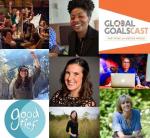

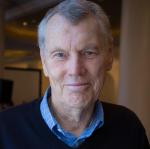
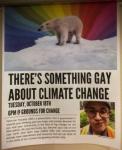
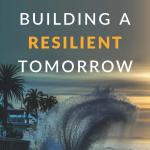


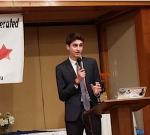
Add new comment